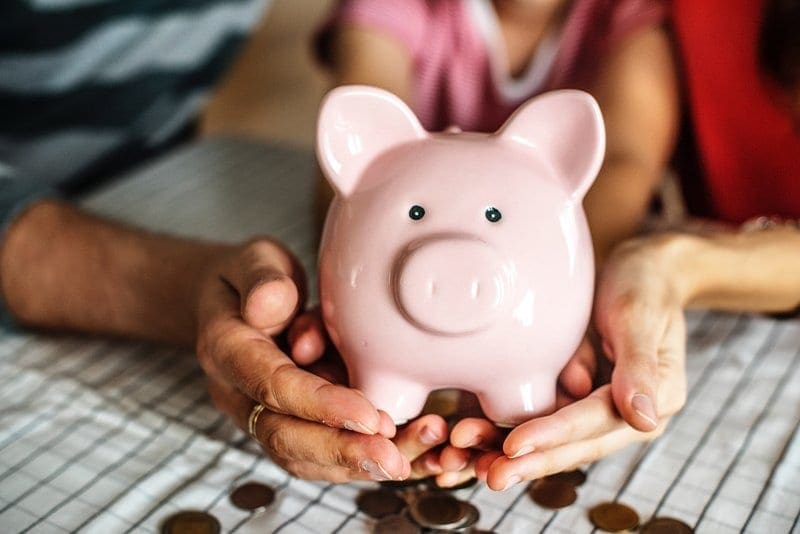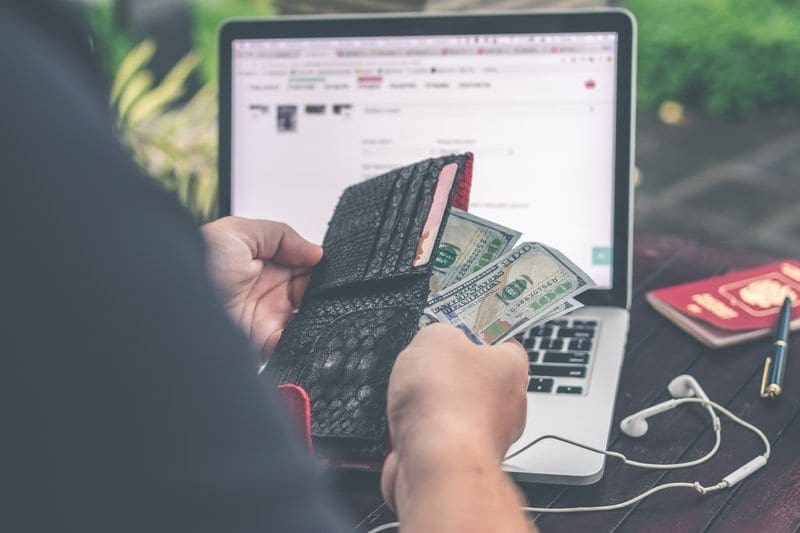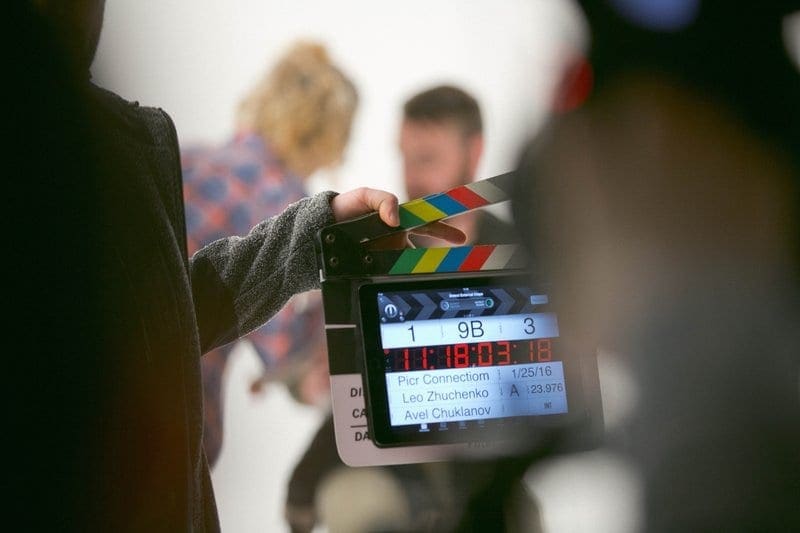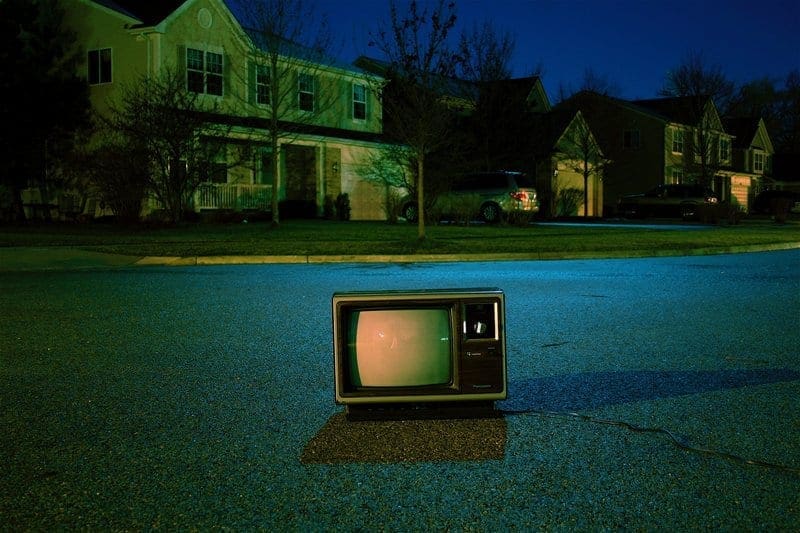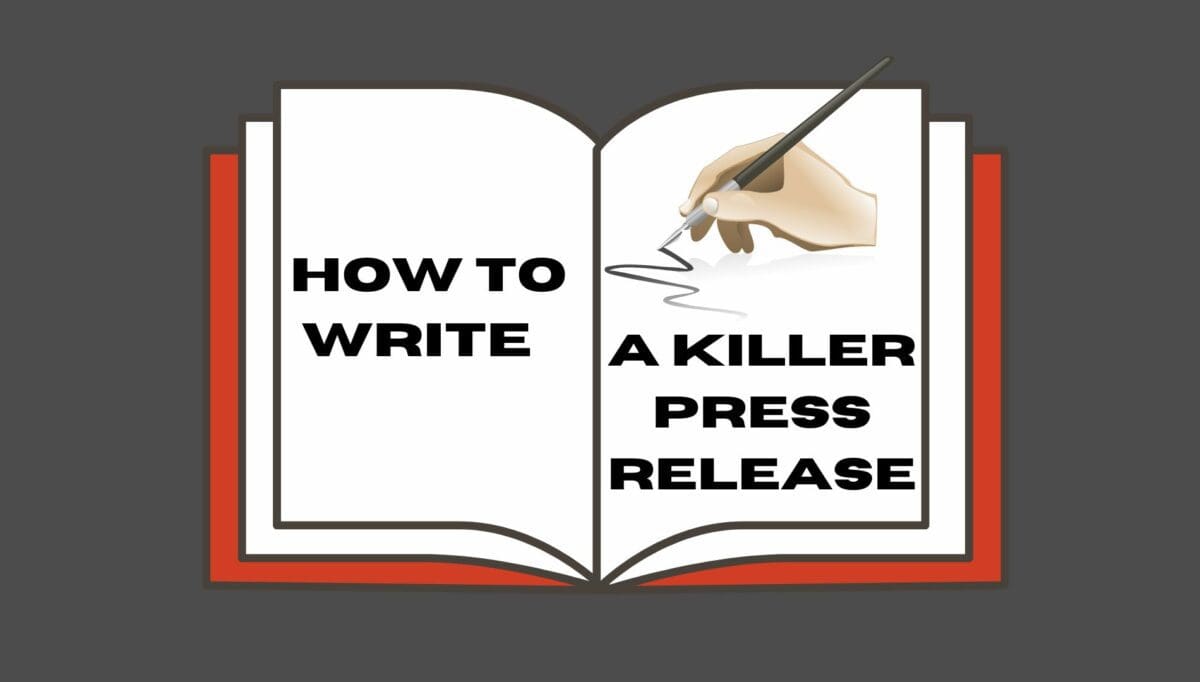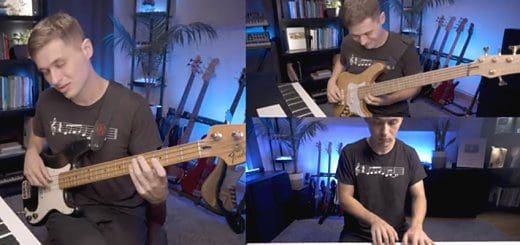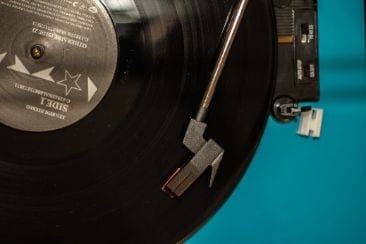How To Make Money With Music
Making money from music and getting music placements can be a tricky business to wrap your head around. It’s not as easy as turning up to work and receiving a payslip at the end of the month. There are a few more things that you have to think about and do in order to make money writing music or being an artist in the music industry.
As we will be talking about copyright and collection societies, for now, we’re going to stick to how this works in the UK. If you’d like to know more about the US, please check out this explanation of PROs and an overview of ASCAP, BMI and SESAC. If you’d like a more in-depth, worldwide version let us know by getting in touch with us!
Copyright and royalties
First of all, you’ll need to understand copyright and where royalties come from. If you’re not sure how all that works, make it one of your goals this year to learn about it. There is loads great information online to be found on intellectual property and copyright.
There’s too much to explain it all in this article but for now here is a basic explanation of how it works. (Feel free to read ahead if you’re already a copyright Jedi):
When you create something original, such as writing and/or recording a song, you own the rights to that creation. (Unless you sign those rights away). It’s important to note that there are separate rights for the song itself and for the recording of the song – known as publishing rights and master rights.
If anyone wants to use your music, they will have to pay you something in return. This can come in multiple forms, for example, royalties.
How to receive royalties
In order to receive your royalties, you have to ensure that you are signed up to the right collection societies. In the UK, it’s important to sign up to PRS for music (Performing Right Society, a.k.a. PRS and Mechanical-Copyright Protection Society a.k.a. MCPS) and PPL (Phonographic Performance Limited). If you’re in the US, look at BMI, ASCAP and SESAC. If you’re in the UK and you’re not signed up to PRS or PPL you won’t be able to receive any royalties! So this is the first step if you’re not already a member.
Learn more about collection societies
PRS for music’s website explains a lot about what they do and how royalty collection works. “We pay royalties to our members when their work is performed, broadcast, streamed, downloaded, reproduced, played in public or used in film and TV.” – PRS for music
PPL also offers clarity on what it is they do and how it can benefit you so we would suggest checking out those websites to help you understand.
“PPL licenses recorded music played in public or broadcast and then distributes the licence fees to its performer and rightsholder members.” – PPL
If you’re making music and you’re not signed up then you are basically just throwing money away! PPL is free to sign up to, so there’s no excuse for you not to go and do that as soon as you’ve finished reading this article. To become a PRS for music member, there is a one-off joining fee of £100.
I’ve heard many times that writers and artists don’t want to sign up to PRS because £100 seems like a lot of money. But it’s worth it! It’s a one-off fee that lets you earn money from your music for the rest of your life. PRS has some information on how long it would take you to earn back this fee and you’d be surprised, it’s really not bad. A worthy investment we say!
Get your music placed in film, TV, games and more…
One area of the industry that potentially has a lot of money to offer is synchronisation. In other words, getting your music placed in film, Tv, games adverts and more. You may have always wondered how to get music placed in film and tv or maybe it’s something you haven’t thought of before. There are three reasons why synchronisation (or sync for short) could have you rolling in cash.
Upfront fee
The figure you always hear people talking about is the sync fee. This is the upfront payment that you receive for having your track licensed for sync. This is split between publishing rights holders and master rights holders. Simply put, if you’re an artist, you’ll be getting the master sync fee and if you’re the songwriter you’ll be getting the publishing sync fee. If you’re both the songwriter and the recording artist, then lucky you, because you get two sync fees!
The sync fees will come to you via your representation (so your publisher and record label or sync agent) so remember that they will probably take a cut of the sync fee as well. Now we’re aware that you may not be represented by a publisher or record label, but in order to find and negotiate a sync you need some sort of representation. This doesn’t have to mean publisher or label, you can also find yourself a sync agent. Мusic Gateway offers many sync opportunities to its members, without taking any of your rights. You can find out more about that here.
Let’s talk figures
Now in terms of numbers, It’s very difficult to say how much money you could be offered as a sync fee because every sync is different. Sync fees can be anything from just under £100 all the way up to hundreds of thousands of pounds (if not more).
The synchronisation fee is determined by many factors:
Who is using the song? This could be a large film company or a small, independent production.
How the song is being used. Is it background music? What image is it synced to? Is it being used as a soundtrack?
The prominence of the artist and song itself. A song that is performed or written by a commercially successful artist will get a higher fee than a song that isn’t so well known.
What territory the media will be made available to the public. You can charge more for worldwide than for just one country for example.
The length of time the license is for. Is your music being licensed for an advert that will run for a week, or for something that will exist forever?
What media the license is for. Is it going on international television or on something smaller like YouTube?
And more…!
Royalties
The income from sync is not just from the synchronisation fee! Whenever the media your music is in gets used, you’ll also receive royalties. For example, every time an advert with your music in it gets played, you’ll earn royalties from it! Your publisher or record label will likely also take a chunk of these royalties, depending on your contract with them. Some sync agents also take some of the royalties. So be sure to keep that in mind! Мusic Gateway doesn’t take any of your royalties for sync representation.
Fame and Fortune
Finally, sync can get you massive exposure! There have been many success stories of artists breaking through after getting prominent sync. The good news with sync is that you don’t have to be famous already to get your music synced. As long as your music is good quality, fits the brief and has metadata embedded, you can get a sync!
Some shows even purposely look for artists that aren’t well known. This is because the music is very fresh and not something that has likely been used before.
The exposure that you can get from a sync can drive people to stream your music, attend your gigs and more. This ultimately gets you more revenue and generally gives your music career a massive boost!
|cta-link type=’music-promotion’|
What now?
Well, that was a long and complicated one so if you’ve made it to the end, thanks for sticking around! Now you can go out and earn yourself some more money from your music. Keep an eye on Мusic Gateway’s blog for more to come on these subjects and get in touch if there’s something you’d like us to write about!
If you’re looking for where to submit music for film and TV, take a look at Мusic Gateway’s sync representation. Become a member of the site if you aren’t already, starting with a free 14-day trial so you have time to do more research on copyright and sync if you need to!






